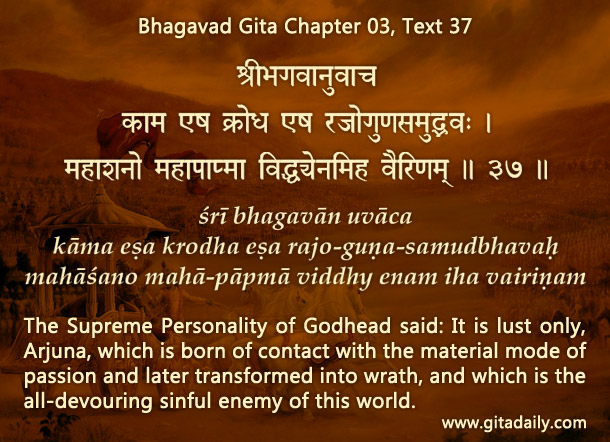If someone were to externally impose restraints on us, preventing us from doing something that is important to us, we would vigorously fight to regain our freedom. Even if we failed repeatedly, we would still keep trying; we wouldn’t see our efforts as a pointless drain of our energy, far from it we would become even more determined to fight for our freedom.
We need a similar positive, purposeful vision of our battle for self-transformation. Unfortunately, we are often hamstrung by an opposite, negative vision. For example, when we strive to break any unhealthy habits such as oversleeping, overeating, or excessive social media consumption, or even substance abuse, we tend to see it as a demanding and exhausting struggle where we have to give up something we enjoy. Worse still, we may even see it as a pointless struggle because our past efforts to give up that habit may have been repeatedly unsuccessful.
How can we reframe our endeavor for self-transformation so that it doesn’t seem so negative and energy-sapping? By envisioning our unhealthy habits as aggressors that have intruded into our consciousness and have severely curtailed our freedom to do the things that are important for us. Specifically, we can see our relapses as forceful impositions by a formidable intruder who has gained control over us. When we thus see the unhealthy habit as something separate from us, we can feel more convinced about re-envisioning our fight against it as a struggle for our freedom.
How can we see our unhealthy habits as separate from us when those impressions are inside us? By drawing from the Bhagavad-gita’s foundational insight that our core essence is spiritual — we are souls — and that the impressions associated with our unhealthy habits are external to our spiritual essence. Taking this vision further, the Bhagavad-gita (03.37) describes self-defeating craving as a vicious and voracious predator.
Our longing for freedom is one of our deepest longings. And this longing can generate one of the strongest emotional energies within us. When we tap into that energy, we will feel empowered to progress toward self-transformation much more steadily, strongly, swiftly.
Summary:
See discipline not as a struggle to renounce the things we like, but as an adventure to reclaim our freedom.
Think it over:
- Why do we often see the discipline for changing our unhealthy habits negatively?
- How can we reframe the endeavor for self-transformation more positively?
- How does Gita wisdom help us in such reframing?
Audio explanation of the article is here: https://gitadaily.substack.com/p/see-discipline-as-a-fight-for-freedom
***
03.37: The Supreme Personality of Godhead said: It is lust only, Arjuna, which is born of contact with the material mode of passion and later transformed into wrath, and which is the all-devouring sinful enemy of this world.
To know more about this verse, please click on the image


Leave A Comment